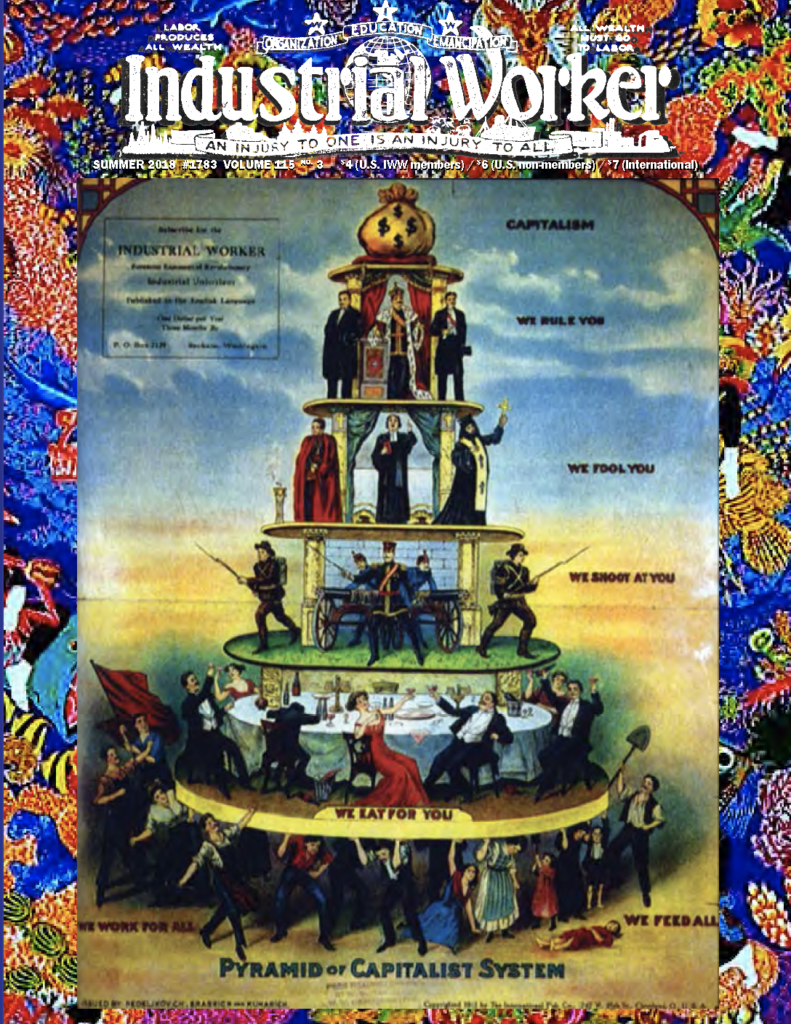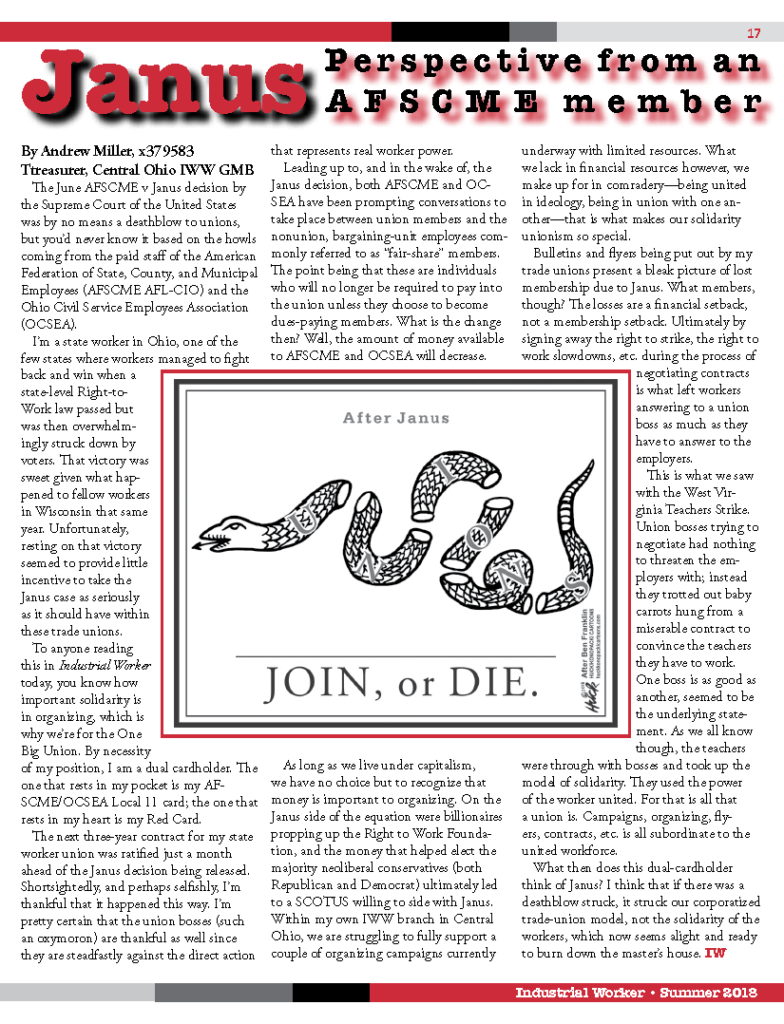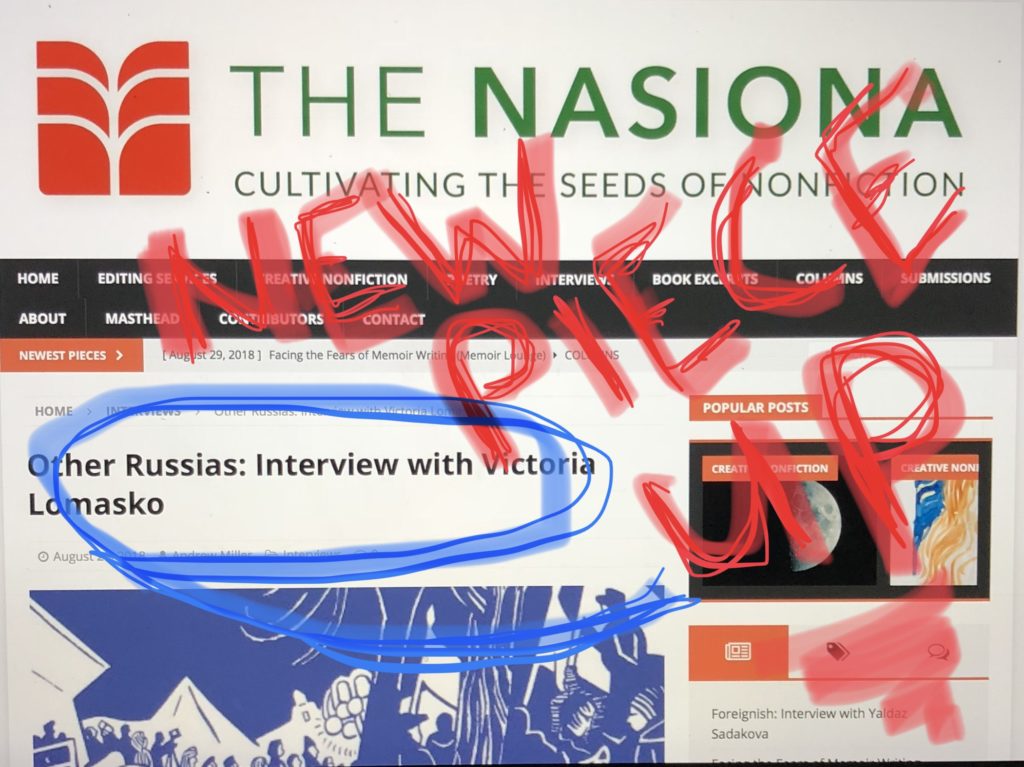How do I enter a poem critically when I find it so perfect to the point of being confounded? Hearing “Somebody Blew Up America” being read by its author, Amiri Baraka, made me want to stand up in my cubicle and scream out “Whooooooo” myself – and for better or worse this wouldn’t be the first time my coworkers wondered just what the hell I was up to.
I suppose I’ll start with the sonics, of which brought about much of the emotional stirring for me. Baraka begins this poem with two beats reflecting their own sounds back.
They say {breath} its some terrorist,
Ey – Ay {breath} Itsso – Orist
These two quick-paced parts of the rhythm set up the beat for the whole piece, with only a few breaks to slow things down, and one major acceleration at the third stanza which sticks through nearly to the end. The reader – no audience – no listener – have a familiar repetition of only a few sounds in the line-opening phrases: Ihh, Orr, Th, Who; all of which seem to act as a grounding point, or foundation for the coming rhythm that strikes each line on the verb or the noun, depending on which Baraka intends to hold the reader’s attention. These in-line-rhymes occur not only within stanzas, but in several cases serve as a call-back to an earlier stanza and line-of-thinking.
For example in this stanza:
Who {foundational beat sound} the Beast in Revelations {interior reflected sound of East – Ev Ations},
Who {foundational beat sound} 666 {First S-S-ix sound},
Who {foundational beat sound} know who decide {without “s” creates first part of pairing and allows for a harder edged sound than had this been grammatically correct, i.e. who decides}; and then,
Jesus {reflects the S-S-ix sound with Esus} get crucified {Rhyme with “decide”, creating greater importance to the decision of who dies}.
The field that Baraka has laid out is far less about the page and almost entirely based around sonics. Each stanza tight to the left margin with a line break only between stanzas. Almost as if Baraka had no concern for the silent reader. The plainness of this poem on the page may or may not have been intentional, but it signals that the real punch is in what you hear with your ears more than what you see with your eyes.
Regarding word-play we do get a better idea of what is going on in reading the poem than, in some cases, hearing the poem itself. There are so many examples where Baraka has taken the common (or “correct”) spelling of a phrase or name, and altered it to heighten the meaning and passion behind the choice.
For example, the many cases of altered names of conservative black Americans in positions of power, such as “Tom ass Clarence” – inferring that Supreme Court Justice Thomas Clarence is an Uncle Tom. Or how instead of directly referencing General Colon Powell, he infers shit-talking or bull-shit-reasoning behind war and policy expressed by General Powell in the line: “Who doo doo come out the Colon’s mouth”. Furthermore, in that line the use of “Who” suggests that it isn’t necessarily General Powell’s own bull-shit, but someone else’s.
Content wise the poem begins with a very non-specific moment wherein “they” point to a “barbaric” act by a “terrorist” – blaming “A Rab, in Afghanistan”. Then, clarifying how the narrator is part of “they”, because “they” lay claim that: “It wasn’t our American terrorists”. Here is where the poem pivots from the vague to the specific; where Baraka spends about 200 lines calling out moments when the American leadership, society, citizenry, and economic decisions led to terrorism, not terrorism carried out by the “barbaric” other – but by America against that other.
By the end the poem makes one more move out of specificity and into a much more universal question about how we interpret the machinations of life and the universe. How the “they” make sense of the world through this lens of God and the Devil, Heaven and Hell. One of the most profound statements (in my opinion) happens here within these last few stanzas.
Who you know ever
Seen God?
But everybody seen
The Devil
Like an Owl exploding
In your life in your brain in your self
Like an Owl who know the devil
All night, all day if you listen, Like an Owl
Exploding in fire. We hear the questions rise
In terrible flame like the whistle of a crazy dog
It is within this moment that Baraka ties all of those few hundred examples together with the string of hatred, of the “devil” – the fact that “they” know the devil; but Baraka also knows the devil, and every time a question is raised about “who” is responsible for a specific terrorist act, it is a sort of dog-whistle that anyone potentially within the other should be aware of and weary of; because “they” are coming for you, other.



